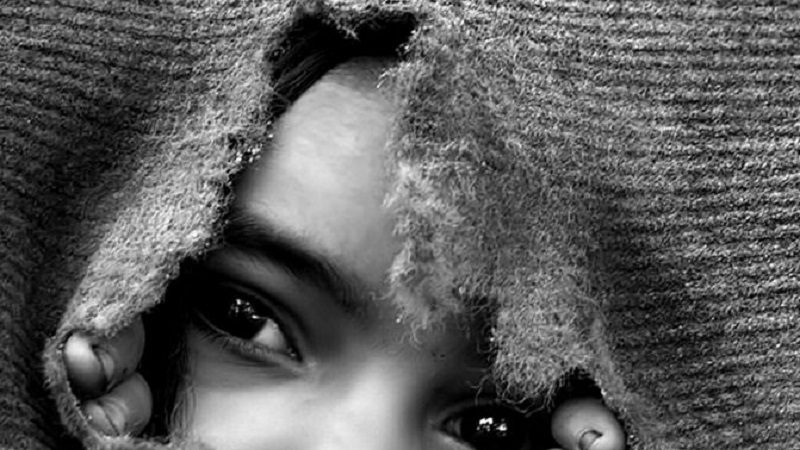2018 is just a few weeks old and there is no sign of a slowdown in the feel-good factor in Malta. You have a better chance of finding a bitcoin in a gutter than find a parking space at the supermarkets or shopping malls. Restaurants are packed like a can of imported sardines and when you’re stuck in traffic you cannot resist a covetous glance at the growing number of expensive cars on the streets.
But one thing that has gone largely unnoticed in the first six weeks of the year. At least 390 persons have lost their life while trying to reach Europe by sea. Yet there is no public outrage in Malta and the rest of Europe. No protests, no statements in Parliament, no sign of any kind of solidarity, let alone remorse.
The pendulum of empathy – which swung briefly following the publication of photos showing dead children being washed on beaches – has swung back. This was evidently clear when a child died in poverty, not in Libya or Liberia but in our midst.
The death of seven-year-old Victoria in Zabbar should have shocked us. Instead authorities play the very convenient pass the parcel game of blame and for most of us life went on.
The Nigerian child died because the system failed her and her family. Denying the child’s family refugee status might have kept government ministers happy but for Victoria and her family it meant hunger, malnourishment, no social benefits, no free healthcare and the daily humiliation of total dependence on people’s charity.
Above everything else Victoria and her family have been denied happiness and peace of mind. Asylum seekers are living in the shade of towering growth figures and the impeccable trust ratings.
The UN refugee agency UNHCR said it hoped Victoria’s death would identify gaps in the system that would need to be addressed in order to prevent similar tragedies in the future.
Calling for a holistic approach and collaboration between government agencies, UNHCR said “the lack of such collaboration has grave repercussions on the child’s safety, especially since refugee children are generally living in vulnerable situations. It is in the best interest of the child to have the required safety structures provided by the State right from their arrival in Malta.”
And we would be mistaken to think that these are isolated cases. They are not and even if numbers are small, we’re talking about human beings who are being denied dignity and happiness.
This is especially true for the Syrian asylum seekers in Malta, who last year alone amounted to more than 110. Having been denied refugee status, Syrian families are living in worse conditions than their fellow countrymen trapped in the deadly civil war now running into its seventh year.
Parents living on weekly allowances of €420 a month cannot possibly provide a decent living for their children especially when there are various families with disabled kids, at times suffering from severe disability. One particular family has to cater for four children on €420 a month, with €350 going to pay rent.
The policy to have migrants living in the community might be a noble idea but leaving them to their own devices in a society increasingly driven by greed and super-consumerism is inhumane.
Denying people refugee status might be politically convenient but in real terms it is denying people the right to healthcare, education and wellbeing. Not only are people living in poverty but they are left to swim or sink in a sea full of sharks.
Syrian families, like all other asylum seekers, receive no support and guidance. They are not being given the tools or the knowledge to live a decent life. They are not assisted when they make use of healthcare services and when they do make use of the National Health Service they are presented with a bill.
There is no care plan in place to ensure that children are in good physical and mental condition. There is no system in place to provide assistance when kids do not show up at school or show worrying behaviour at school.
The lack of support might look right on the balance sheet but on the ground it is exuberating mental health issues and in some cases driving people towards criminality. A national integration policy must be designed to stop these people from being dragged down into the shadows of society. But the policy cannot do much about the lack of solidarity.
The severe lack of collaboration between government agencies and authorities dealing with asylum seekers is only matched by the detachment between society and its most vulnerable. The obsession with financial stability, success and security has numbed our compassion and fraternity. However this comes at a costly price, paid by the victims of our disinterest and ultimately humanity.












